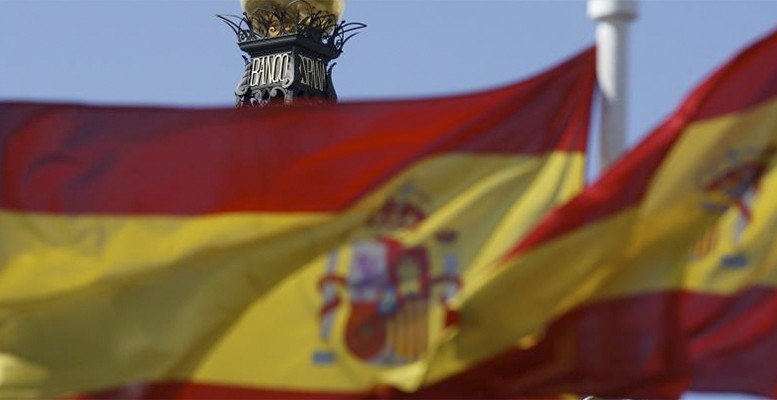In 2015, the IMF lead its report on Spain with this warning: “in spite of the significant improvements since the crisis, Spain’s external position remains vulnerable. Just by reducing the high level of elasticity of imports and stimulating exports, the structural reforms undertaken can bring a substantial improvement in the external current account balance. This in turn will contribute to alleviating the risk of Spain having an extremely negative international position (the difference between the assets of non-residents in Spain and those of Spaniards abroad).” Firstly, the sustainability involved balancing transactions of goods and services. The 2007-2008 deficit, equivalent to 10% of GDP, had already turned into a surplus equivalent to 2% of GDP in the third quarter of 2017.
So the warnings of 2015 did not fall on deaf ears. The elasticity of imports has eased and up to the last 12 months they have not exceded 2008 levels. Exports on the other hand have risen 33%. Month after month, year after year, the sales of goods and services have grown without any interruption. All that without any kind of devaluation, but thanks to a structural readjustment from an economy ruled by investment and the property loans to another which is more outward looking and more competitive.
Becoming part of the euro and the inauguration of the single market increased concern that Spain would not be competitive in comparison with its European partners. The country negotiated and obtained a good chunk from the Solidarity Fund to offset our competitive deficiencies. Paradoxically, in the period of January-November 2017, trading with the EU registered a surplus of 15.7 billion dollars, up 20% from a year earlier. An important anecdote: the advance in exports from Andalucia is higher than from the rest of the autonomous regions. It has become the second largest exporting region, with the added point that it has registered a surplus with the rest of the world, something which Catalonia has yet to do.
New generations favouring autonomy and independence are calling for a second transition: democratic or economic? Or a mix of both? With knowledge of the cause, it can said that levels of democracy in Spain are lower than in Europe. And that the economic transition from the real estate bubble and the stagnation it caused is not any faster or more solid in Spain than in other European countries. A transition without devaluation, and now there are no pesetas to devalue. But a transition with its own social costs. Salaries and jobs saw spectacular increases in the bubble years. How many students didn’t exchange their study books for work in order to buy a motorbike or a flat with a very cheap loan, using the property they bought as a guarantee? What happened is well known, as are those words from the minister Luis de Guindos to the President of the European Commission “we are preparing a tough labour reform.” That was the price of the bail-out or, to give it its official name, the “adjustment”. The flexibility of wage negotiation has just been confirmed in Figueruelas. Unfortunately, it was nothing else but the painful demand of an open and competitive economy which democracy and Spain’s entry to the European Union brought with it.
The democratic and economic transition is not attractive in its totality. The differences in income have not been corrected and corruption is rubbing increasingly more into the wounds of the more disadvantaged. And undoubtedly politics are also letting us down. Instead of getting closer to the needs of the workers in Figueruelas and the harsh reality of many needy families, the parties and their leaders are moving away from them. But the economy, with great difficulty, and without keeling over, continues to give out positive signals: a surplus in the balance of payments and a primary deficit (discounting the interests on debt) of the Public Administrations. For the first time in many years, it was balanced in November 2017. Don’t the pilgrims’ train in Saudi Arabia and the skills of institutions like Cesce reflect the splendour of the second transition?





